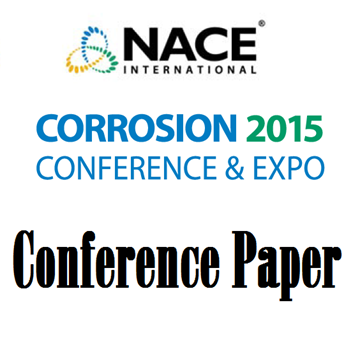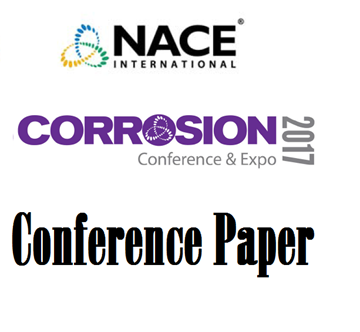Search
Stress Corrosion Cracking Assessment of the Weldment of Newly Used Grade of and T HSLA Steel
Also Purchased
51314-4289-Stress Corrosion Cracking Assessment of a Quenched and Tempered HSLA Steel in Two Alkaline Environments
Product Number:
51314-4289-SG
ISBN:
4289 2014 CP
Publication Date:
2014
$0.00
The Selection of Stainless Steels for Seawater Pumps
Product Number:
51315-5446-SG
ISBN:
5446 2015 CP
Publication Date:
2015
$20.00
The Validity of Using ASTM A923 Practice for Weld Procedure Qualification of 2507 Duplex SSs
Product Number:
51317--8838-SG
ISBN:
8838 2017 CP
Publication Date:
2017
$20.00




